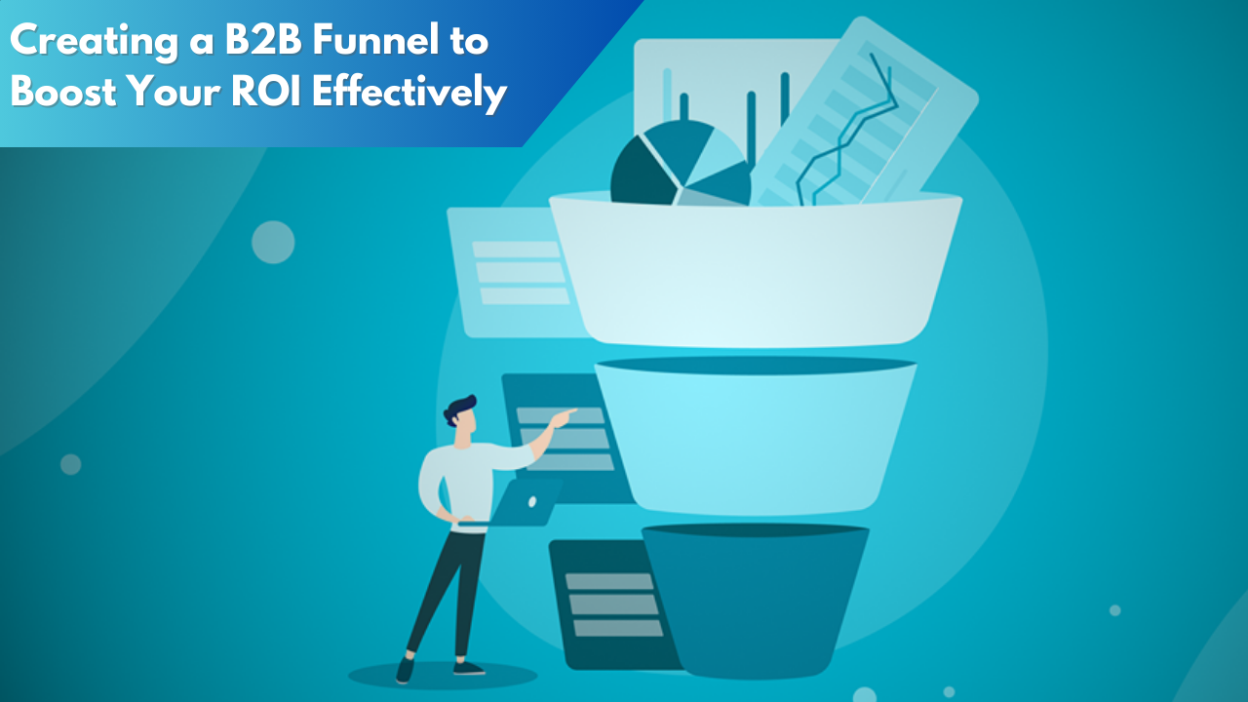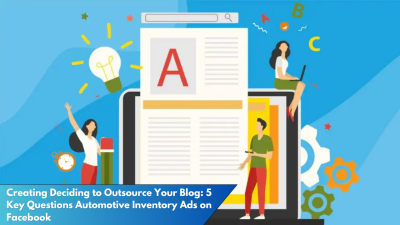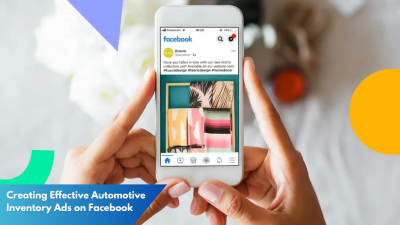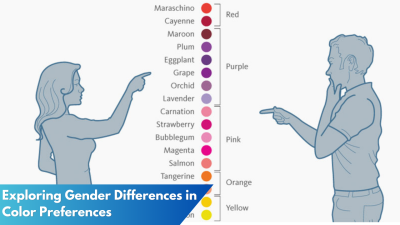In the competitive landscape of B2B marketing, creating a robust sales funnel is essential to convert prospects into loyal customers while maximizing return on investment (ROI). A well-structured B2B funnel guides potential clients through various stages, from awareness to decision-making, ensuring that businesses can effectively nurture leads and drive sales. This article explores strategies for building an effective B2B funnel and how targeted funnel techniques can enhance ROI, offering actionable insights for businesses aiming to optimize their marketing efforts.
Strategies for Building an Effective B2B Funnel

A successful B2B funnel begins with a comprehensive understanding of your target audience. Identifying the specific needs, preferences, and challenges faced by your prospective clients allows businesses to tailor their messaging and offerings accordingly. This involves conducting market research and developing detailed buyer personas that reflect the unique characteristics of your ideal customers. By doing so, businesses can ensure that their marketing efforts resonate with their target audience, laying the foundation for an effective B2B funnel.
Once you have a clear picture of your audience, the next step is to create compelling content that attracts and engages potential leads. High-quality content acts as a magnet at the top of the funnel, drawing in prospects who are seeking solutions to their problems. This can include blog posts, whitepapers, webinars, and case studies that showcase your expertise and provide value to your audience. By consistently delivering relevant and informative content, businesses can build trust and credibility, which are essential for moving prospects further along the funnel.
Another crucial strategy is to utilize marketing automation tools to streamline and personalize the lead nurturing process. These tools enable businesses to track and analyze customer behavior, segment their audience, and deliver targeted messages at the right time. Automation ensures that leads receive consistent and timely communication, reducing the risk of prospects dropping out of the funnel. By leveraging technology to manage and optimize the various stages of the funnel, businesses can maximize their efficiency and increase the chances of converting leads into paying clients.
Enhancing ROI Through Targeted Funnel Techniques
To enhance ROI, businesses must focus on optimizing each stage of the B2B funnel, from lead generation to conversion. One effective technique is to implement account-based marketing (ABM), which involves tailoring marketing efforts to specific high-value accounts. By concentrating resources on the most promising prospects, businesses can increase their chances of success and achieve a higher ROI. ABM requires close collaboration between sales and marketing teams to ensure that efforts are aligned and targeted at the right accounts.
Another technique to boost ROI is to continuously analyze and refine the funnel based on data-driven insights. This involves tracking key performance indicators (KPIs) and using analytics tools to identify bottlenecks or areas of improvement within the funnel. By understanding how prospects move through the funnel and where they might drop off, businesses can make informed decisions to optimize their strategies. A data-driven approach allows for agile adjustments, ensuring that marketing efforts are both efficient and effective in driving conversions.
Finally, businesses should prioritize building long-term relationships with their clients to maximize lifetime value. Once a lead has been converted into a customer, the focus should shift towards retention and upselling opportunities. Implementing loyalty programs, providing excellent customer service, and regularly engaging with clients through personalized communication can help strengthen these relationships. By cultivating a loyal customer base, businesses not only enhance ROI but also create brand advocates who can generate referrals and contribute to sustained growth.
In conclusion, creating an effective B2B funnel is a strategic endeavor that requires a deep understanding of your target audience, compelling content, and the smart use of technology. By focusing on the specific needs of your prospects and enhancing each stage of the funnel with targeted techniques, businesses can significantly boost their ROI. As B2B marketing continues to evolve, staying agile and data-driven will be crucial in maintaining a competitive edge and achieving long-term success. By implementing these strategies, businesses can build a powerful funnel that not only attracts and converts leads but also fosters lasting customer relationships.



